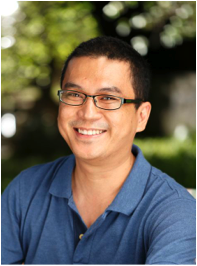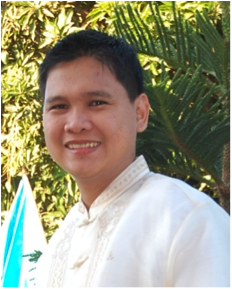Project Year
2013
Region(s)
Southeast Asia
Country(ies)
Philippines
Project Description
This study provides an independent assessment on the use of GCash as an alternative way of delivering the Philippines’ conditional cash transfer (CCT) program to distant beneficiaries who have no access to banking facilities that are commonly needed for the program. The research looks at how the GCash system complements the CCT program. Specifically, it examines the motivations, skills, and resources that are needed by the beneficiaries in the establishment of the program within a given area and the expectations of the service providers in terms of their providing information and support to the beneficiaries. As part of the analysis, the research compares the GCash system with the other existing disbursement system of the CCT program in terms of accessibility, transaction cost, and technology use. In doing so it applies Van Dijk’s model of stages of access to technology. Alampay’s previous (2008) use of this framework was applied on mobile money’s potential for sending remittances among users at the bottom of the pyramid (BoP). This new study builds on Alampay's previous research by looking no longer at potential, but rather at actual public services aimed at the BoP in geographically isolated communities.
Researcher(s)
Erwin Alampay, Charlie E. Cabotaje
About the Researcher(s)
 Erwin Alampay is currently an Associate Professor at the National College of Public Administration
and Governance (NCPAG) in the University of the Philippines, and Director of the Center
for Leadership, Citizenship and Democracy. He was the Asia-Pacific Regional Coordinator
for the Amy Mahan Research Fellowship Grant, and editted the book ‘Living the Information
Society in Asia’ (2009, ISEAS Press). He serves as Senior Editor for the Electronic
Journal of Information Systems in Developing Countries (EJISDC) and is a Senior Research
Fellow with LirneAsia.
Erwin Alampay is currently an Associate Professor at the National College of Public Administration
and Governance (NCPAG) in the University of the Philippines, and Director of the Center
for Leadership, Citizenship and Democracy. He was the Asia-Pacific Regional Coordinator
for the Amy Mahan Research Fellowship Grant, and editted the book ‘Living the Information
Society in Asia’ (2009, ISEAS Press). He serves as Senior Editor for the Electronic
Journal of Information Systems in Developing Countries (EJISDC) and is a Senior Research
Fellow with LirneAsia.
 Charlie E. Cabotaje obtained his MSc in Governance and Spatial Information Management at the University
of Twente’s Faculty of Geo-Information Science and Earth Observation (ITC) in The
Netherlands. He finished his post graduate Diploma in Urban and Regional Planning
at the University of the Philippines School of Urban and Regional Planning (SURP).
Charlie E. Cabotaje obtained his MSc in Governance and Spatial Information Management at the University
of Twente’s Faculty of Geo-Information Science and Earth Observation (ITC) in The
Netherlands. He finished his post graduate Diploma in Urban and Regional Planning
at the University of the Philippines School of Urban and Regional Planning (SURP).
Synopsis of Research Results
Link to Erwin A. Alampay and Charlie E. Cabotaje's Final Report Using Mobile Money as a Conditional Cash Transfer Conduit in the Philippines
Read their blogposts:
"Use of m-money for conditional cash transfers in the Philippines: (part 1 of 3)"
"Conditional Cash Transfers in the Philippines (part 2 of 3)"
"Leveraging conditional cash transfers to develop local mobile money ecosystems (part 3 of 3)"



